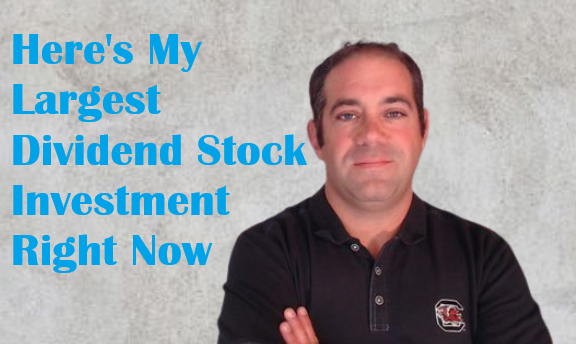If there's one thing lacking in the real estate space, it's discussion about risk and how managers deal with it. Far too often is it assumed that a building is a cash cow that will print money forever. The statistics point in a different direction: Vacancies are quite high across the board.
When you invest in a real estate investment trust, you're really just picking an investment manager. Consider a REIT like a fund of sorts. As with mutual funds or ETFs, you want a management team that aligns with your underlying principles.
Luckily, there's no shortage of very different REITs out there. On one hand, there's Realty Income (O +1.50%), which is probably the most conservatively managed REIT in the business. The company requires its tenants to report location-specific data so it can be ahead of emerging trends in the marketplace and cut ties to struggling sectors.
In fact, upon the reversal of the payroll tax cut, the company started distancing itself from fast-casual restaurants. It's also seeking to grow by acquisition, but doing so only when it can work with retailers that focus on low price points. The idea is that it will have downside protection when the economy isn't as rosy as it is today. Stability and predictability is ingrained in the corporate culture and the shareholder base.
But then there are REITs on the opposite end of the spectrum like Newcastle Investment (NCT 0.17%), which calls itself a senior housing REIT but owns everything from collateralized debt obligations to recently acquired newspaper companies. A senior housing REIT should be fairly secure. Seniors have stable income from Social Security, and on the medical side, they have Medicare. But if managers diverge from the strategy to seek the highest possible return in other sectors, it's not exactly a senior REIT at all. It's a bet on the manager, which, in this case, is Fortress Investment Group. You can think of it like a hedge fund with a "go anywhere" strategy.
So, Newcastle is in a completely different league than Realty Income. Realty Income focuses on lowering risk as a whole. Newcastle is looking for big risk-adjusted returns when it can find them, even if it means taking part in corporate restructurings like a buyout shop.
Mind the managers
Most investors come to the REIT industry -- and stay there -- because of the dividend. And that's fine. One of the best reasons to own a REIT is for current income.
But depending on your risk tolerance, it's important to know where that income is coming from. Realty Income is a REIT for grandma. It's the kind of REIT that isn't going to change its strategy from day to day. When its mix of non-retail properties grew by mere basis points from portfolio acquisitions, it was a pretty big deal among shareholders. The Realty Income faithful won't tolerate much divergence from its historical norm, and managers will have to walk thin lines to keep its above-average valuation.
Knowing that, I think I can confidently say that Realty Income's portfolio mix in 2053 will look substantially similar to its portfolio as of 2013.
Those who are willing to make a pure bet on active managers -- and get a higher dividend in the meantime -- might be happier going with Newcastle Investment because its shareholders are willing to tolerate just about anything. Do note, though, that if you become a shareholder, you'll have to tolerate a rapidly changing underlying investment portfolio, too.
The bottom line is this: History is the best predictor of management's future decisions, and it deserves proper investigation from shareholders. There's no better way to get a feel for how management will run the portfolio in the next 10 years than by looking at the past 10.







